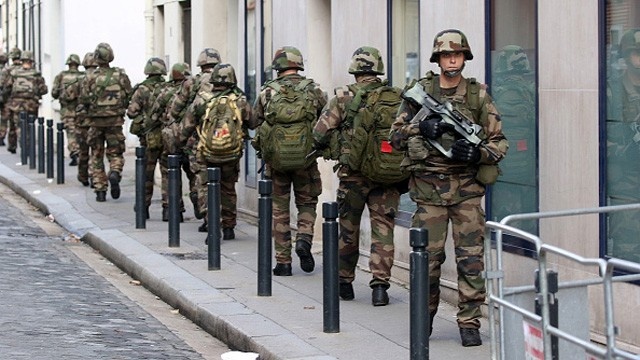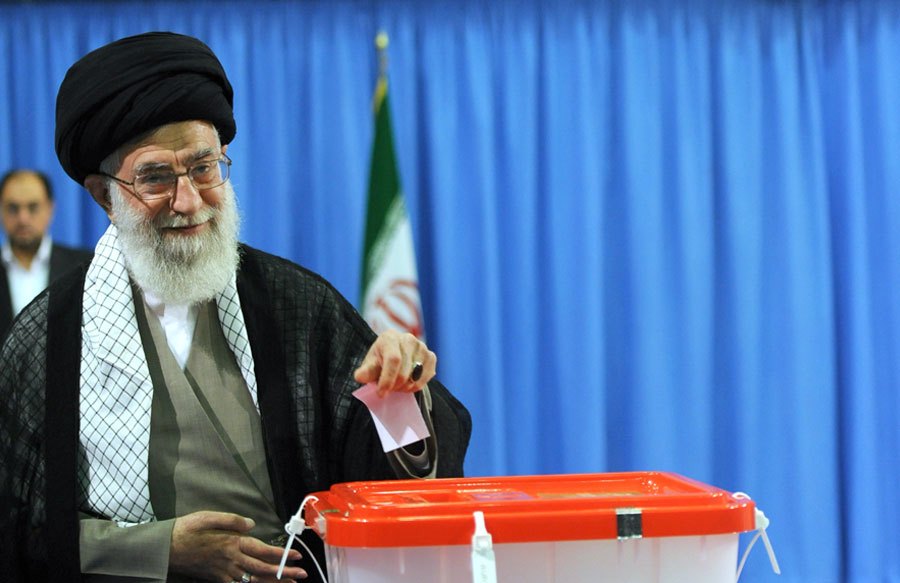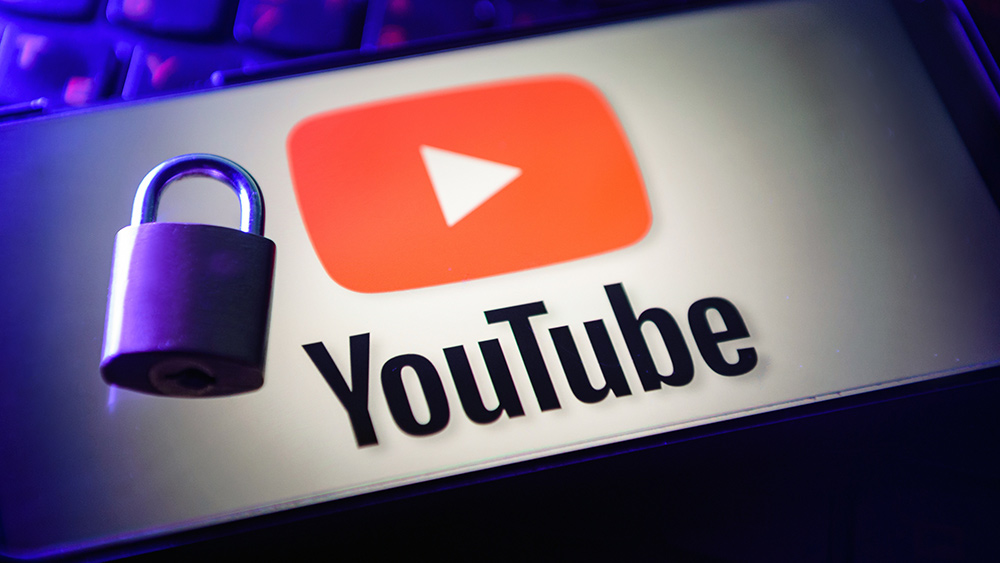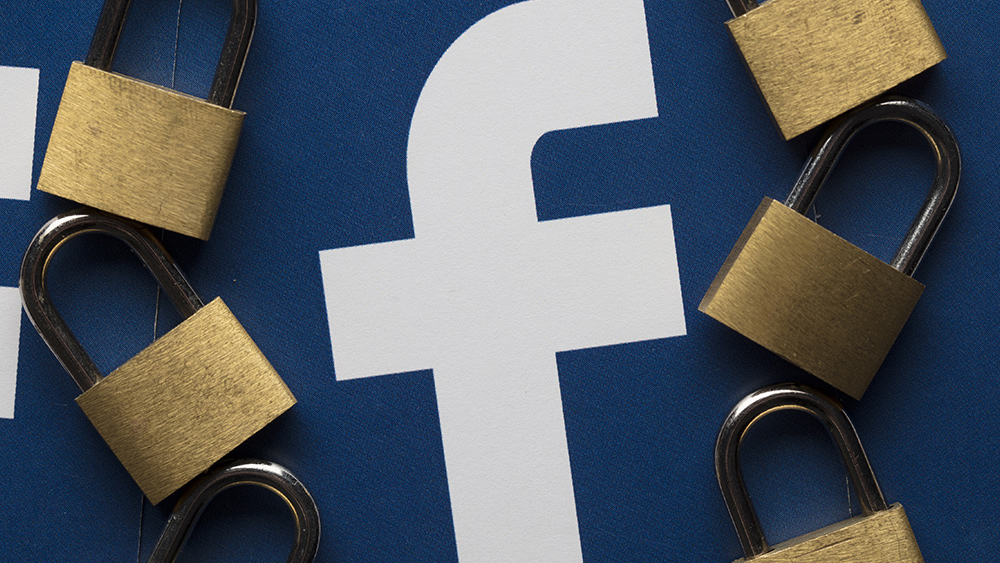People receiving draconian prison terms for online speech more proof the internet has never been less free as globalist despots use A.I. to censor, control & carry out atrocities
10/19/2023 / By News Editors

Globally, internet freedom has never been lower, and the number of countries that have blocked websites for political, social, and religious speech has never been higher. Also, the number of countries that arrested people for online expression reached a record high, according to a report released last week by human rights advocacy group Freedom House.
(Article by Rhoda Wilson republished from AllNewsPipeline.com)
Additionally, the report shows that governments in 16 countries are using generative artificial intelligence (“AI”) to manipulate conversations and automatically censor what’s online. Governments in Pakistan, Nigeria and the United States have used generative AI over the past year to exert increased control over the internet.
Further reading: ‘How to fight for internet freedom’, MIT Technology Review
Freedom on the Net 2023 Scores
You can view a list of scores given to each of the 70 countries included in Freedom House’s report HERE.
While internet freedom may be primarily affected by state behavior, Freedom House states, actions by nonstate actors, including technology companies – are also considered. Thus, the index ratings generally reflect the interplay of a variety of actors, both governmental and non-governmental.
Scores are allocated according to obstacles to access, limits to content and violations of user’s rights. Scores between 100-70 are denoted as “Free,” scores between 69-40 are “Partly Free” and scores between 39-0 are denoted as “Not Free.”
Sadly, the bar for “free” is not very high. For example, the UK is rated as “free” as it scored 79 despite the censorship, vilification, spying and intelligence gathering of citizens that oppose the “official narrative” by both state and non-state actors. Although to be fair, the UK only just sneaked into the “free” category. That the UK scored 79 perhaps indicates how bad freedom of the internet is in other countries.
Interestingly, Canada scored 88 attaining the third-highest score after Estonia and Iceland. The recent despotic censorship in Canada possibly falls outside the period Freedom House reviewed, which appears to largely include developments for the year June 2022 to 31 May 2023. “While a recent law raised concerns that the [Canadian] government could seek to significantly expand its regulatory authority over online content, such concerns did not materialize during the coverage period,” Freedom House noted.
Glenn Greenwald is a journalist, constitutional lawyer, and author of four New York Times best-selling books on politics and law. Below he gives his thoughts on the despotic new censorship law in Canada using articles published by Michael Geist on the Canadian C-11 Bill.
(Please note: In the 1st video below, Greenwald uses the word “Liberals” to describe people on the political left. Liberal describes a set of values rather than a political term, irrespective of what words political parties use in their name or to describe themselves. Liberal roughly equates to “free” and are values that the majority of people on both the political left and political right possess. The proponents of Canada’s C-11 Bill are not portraying liberal values, they are portraying anti-liberal values.)
If the video below is removed from YouTube, you can watch it on Rumble HERE. You can find the full episodes of Greenwald’s podcasts via THIS link. The full episode from which the above clip was taken can be watched on Rumble HERE.
Freedom on the Net 2023 Report: Key Findings
In its key findings, Freedom House noted:
Global internet freedom declined for the 13th consecutive year.
Digital repression intensified in Iran, home to this year’s worst decline, as authorities shut down internet service, blocked WhatsApp and Instagram, and increased surveillance in a bid to quell anti-government protests.
Myanmar came close to dislodging China as the world’s worst environment for internet freedom, a title the latter country retained for the ninth consecutive year.
Conditions worsened in the Philippines as outgoing president Rodrigo Duterte used an anti-terrorism law to block news sites that had been critical of his administration.
Costa Rica’s status as a champion of internet freedom has been imperiled after the election of a president whose campaign manager hired online trolls to harass several of the country’s largest media outlets.

Read more at: AllNewsPipeline.com
Submit a correction >>
Tagged Under:
artificial intelligence, big government, Censorship, computing, conspiracy, cyber war, cyborg, digital repression, fascism, freedom, Freedom House, future science, future tech, generative AI, Glitch, globalists, information technology, internet, inventions, Liberty, robotics, robots, speech police, Suppressed, thought police, Tyranny
This article may contain statements that reflect the opinion of the author
RECENT NEWS & ARTICLES
COPYRIGHT © 2018 THOUGHTCRIMES.NEWS
All content posted on this site is protected under Free Speech. ThoughtCrimes.news is not responsible for content written by contributing authors. The information on this site is provided for educational and entertainment purposes only. It is not intended as a substitute for professional advice of any kind. ThoughtCrimes.news assumes no responsibility for the use or misuse of this material. All trademarks, registered trademarks and service marks mentioned on this site are the property of their respective owners.



















